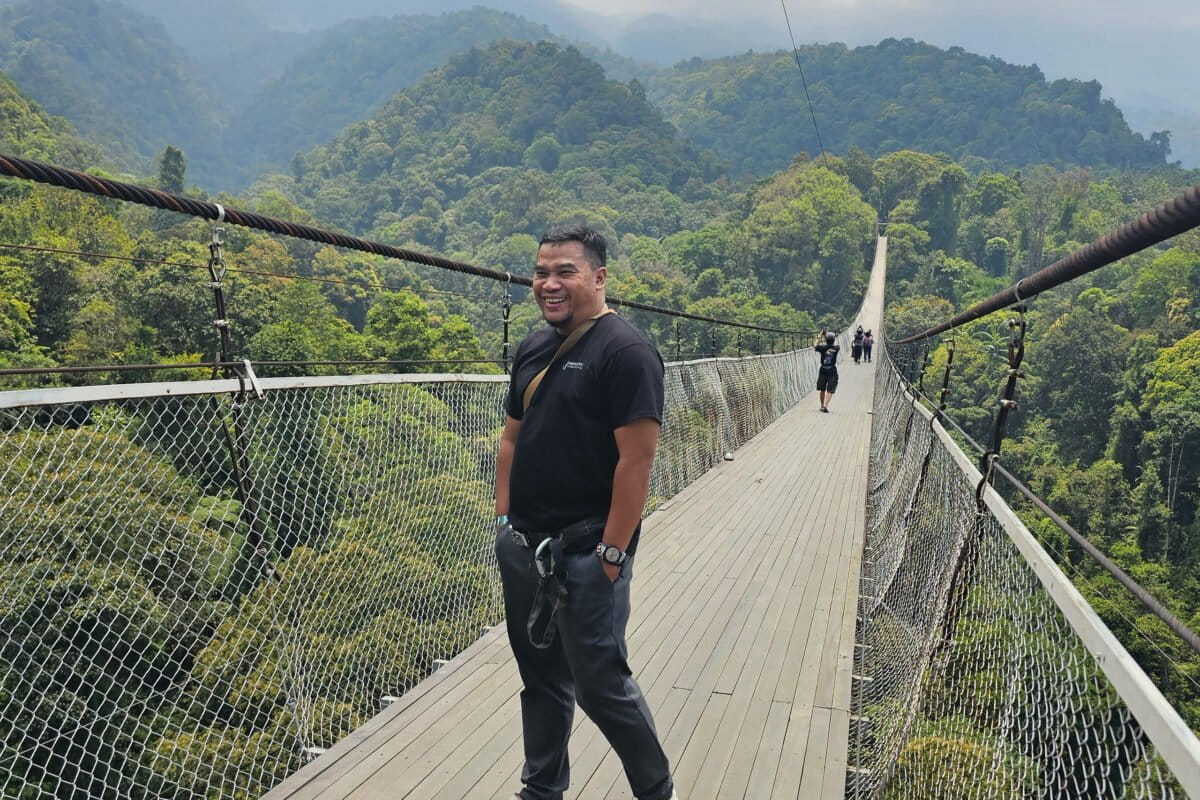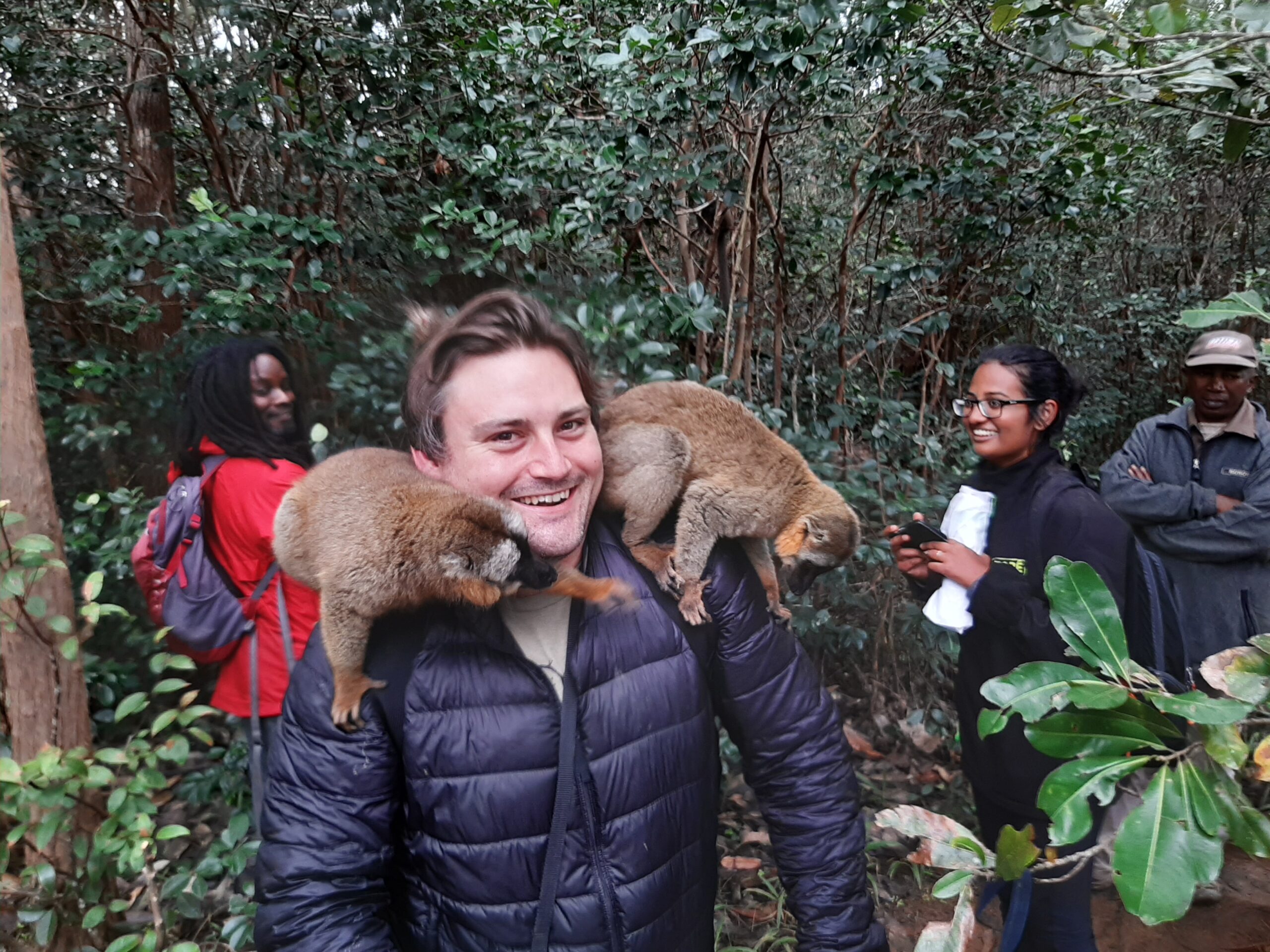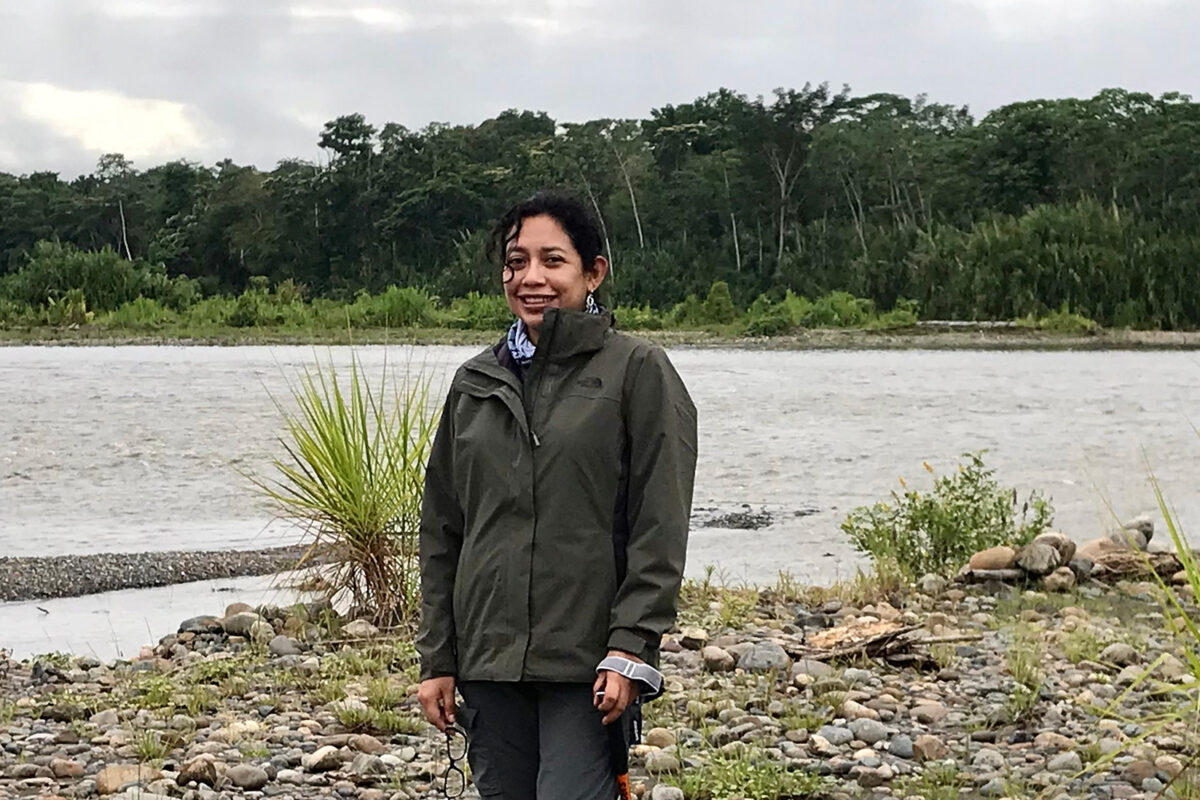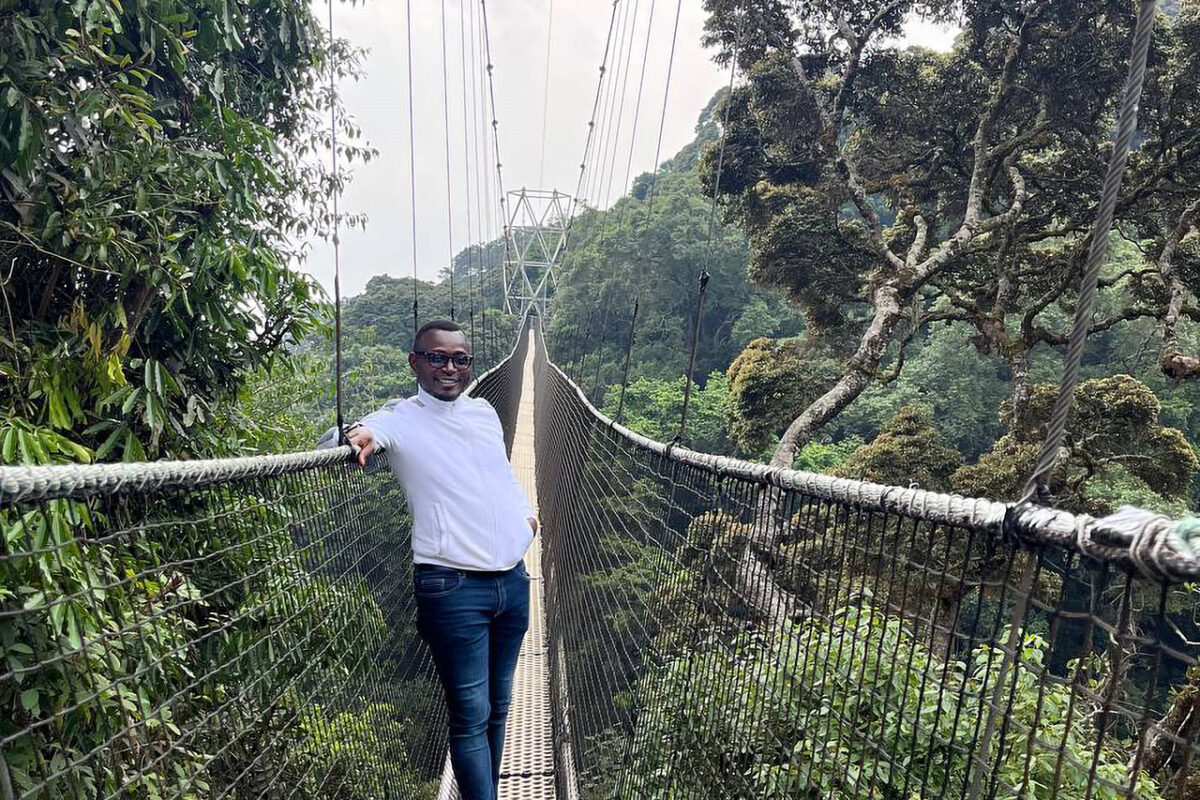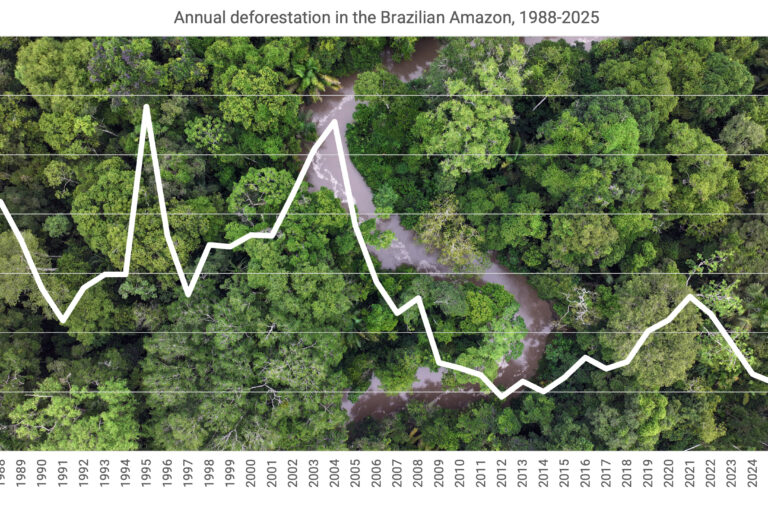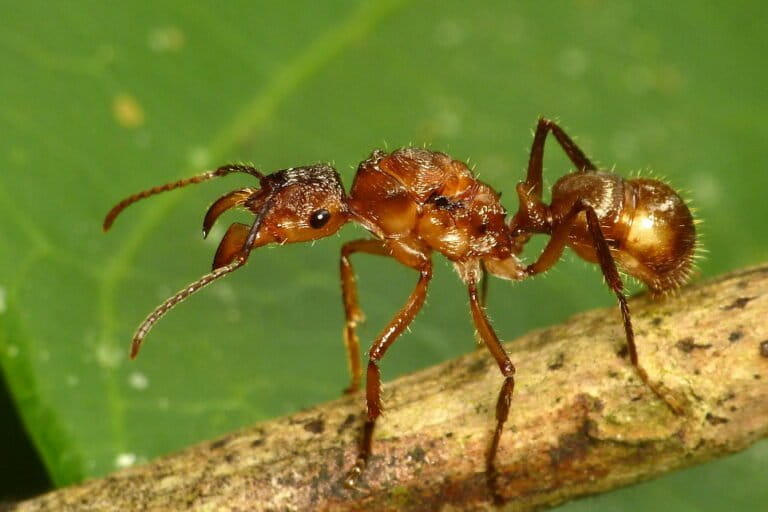- Research has shown that agriculture, urbanization, and other human activities that degrade forests and other ecosystems can trigger viruses to jump from other species into humans, a process known as “spillover.”
- In this commentary, Prevent Pandemics at the Source co-founders Sonila Cook and Nigel Sizer argue that “it’s only when we prevent new diseases before they start — at the source, where humans and animals come into close contact – that we will become less vulnerable to pathogens.”
- Cook and Sizer say that prevention is much less costly than fighting pandemics once they start. “We can protect forests, clean up and reduce wildlife trade, improve farming practices and expand surveillance to detect spillovers as they are occurring for about $10 billion per year,” they write. “Compared with the massive human and economic cost of another pandemic, this price tag is tiny.”
- This article is a commentary. The views expressed are those of the authors, not necessarily Mongabay.
UK Prime Minister Boris Johnson and Germany’s Chancellor, Angela Merkel, together with two dozen other leaders from around the world, have called for a new international treaty for pandemic preparedness and response. This proposal will be considered by global leaders at the World Health Assembly in less than a month.
Their emphasis on preparing our health systems to respond to the next disease outbreak faster and better is extremely important. But these measures will not stop the emergence of new disease. Leading public health experts agree. We have seen how even the best equipped countries, including the United States, Germany, and the UK, struggled and failed in their efforts to slow the spread of COVID-19.
It’s only when we prevent new diseases before they start — at the source, where humans and animals come into close contact – that we will become less vulnerable to pathogens that consistently defeat our best efforts to contain them. This argument is not new. Biologists and public health experts warned that our increased and careless encounters with wildlife were making a pandemic like COVID-19 inevitable, but politicians ignored the warnings.

COVID-19, as well as other new diseases like HIV/AIDS, H1N1, SARS and MERS, all have one thing in common. They are viruses that jumped from other species into humans, a process known as “spillover.” This phenomenon is more likely to occur when humans or our domestic animals have more contact with the wildlife that is home to countless thousands of undescribed virus varieties.
Studies have shown that agriculture, urbanization, and other human activities that degrade forests and other ecosystems have ushered in a new era of spillovers. Legal and illegal wildlife trade – which often come together in wet markets – and the handling of animals for livestock production contribute to even more disease spread.
Despite clear evidence that we are risking our lives by destroying nature, the devastation continues. The latest Global Forest Watch analysis found that primary tropical forest loss increased 12 percent from 2019 to 2020. A stunning 64% of the world’s tropical forests have been cleared or degraded.

With increased contact arising from displacement of wildlife from their regular habitats, these viruses can more easily make the leap to humans. They may also mutate along the way as they spread from human to human, causing isolated local outbreaks, regional epidemics, or full-blown global pandemics.
But there is good news. We can protect forests, clean up and reduce wildlife trade, improve farming practices and expand surveillance to detect spillovers as they are occurring for about $10 billion per year. Compared with the massive human and economic cost of another pandemic, this price tag is tiny.
Minimal investments and carefully planned programs with local communities can go a long way to reduce risky behavior that creates spillover opportunities—all while improving public health and protecting rainforests. For example, one project in a forested area of Borneo with high rates of forest loss, poverty and unmet health needs, found that cash-strapped local villagers turned to illegal logging to pay for medical fees. Improved access to cheaper and better healthcare led to less deforestation. There are many such examples that can be scaled.

Creating a new global treaty typically takes many years of painfully slow negotiations. We do not have the luxury of time. So, in parallel, we urge the United Kingdom, United States and Germany to lead the way at the G7 Summit this Summer and announce shared support, with other members, for a new Global Fund for Pandemic Prevention and Preparedness. The new Fund should combine health system strengthening with actions to reduce spillover risk in regions such as the Amazon, Central and West Africa, South and Southeast Asia where there is the greatest danger of future spillovers.
As we look forward to overcoming COVID-19, let’s not forget the source of this pandemic – and the source of likely future ones.
Sonila Cook and Dr. Nigel Sizer are co-founders of the initiative to Prevent Pandemics at the Source. For more information and partner information see: preventingfuturepandemics.org
Header image: Pangolin in Cambodia. Pangolins are among the most trafficked animals in the world. Photo credit: Rhett A. Butler.


